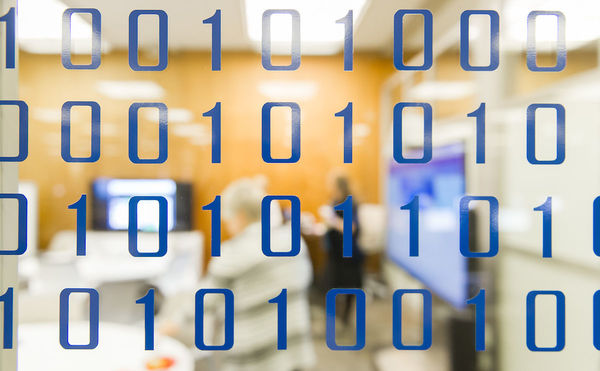
The Navari Family Center for Digital Scholarship presents a lecture by Peter Cornwell, a British software engineer and media theorist. Cornwell is known as a pioneer of computational transformation of digital corpora for long-term preservation, standards compliance, and the reclamation of research data isolated by obsolete technologies.
Over the last decade production of research data has accelerated dramatically, but effective solutions for its long-term preservation have remained elusive. Gains in areas such as descriptive metadata standards have promoted accessibility and portability but at the same time have created new dependencies on multiple, independently-evolving standards activities, while interoperability challenges between research infrastructures remain.
Several developments such as internet presentation frameworks, widespread adoption of persistent identifier strategies and integration of versioning with robust storage strategies now promise to cut across these problems in multiple scientific domains.
This talk presents experience evaluating long-term data preservation solutions using these new components via the example of stand-off annotation. Research investment employing annotation is particularly vulnerable because such technical infrastructures are often subject to different operating and investment policies compared with the digital resources which they target. The preservation challenges arising are therefore usually more dispositive than technological in nature.
These circumstances mirror the contemporary polarization in software technology education in which computing science, and in particular internet infrastructure, are more loosely connected to software engineering practice than in the 2000s.
Sponsored by
Hesburgh Libraries, Navari Family Center for Digital Scholarship, Center for Research Computing, College of Arts and Letters, Digital Humanities Steering Committee
Originally published at al.nd.edu.